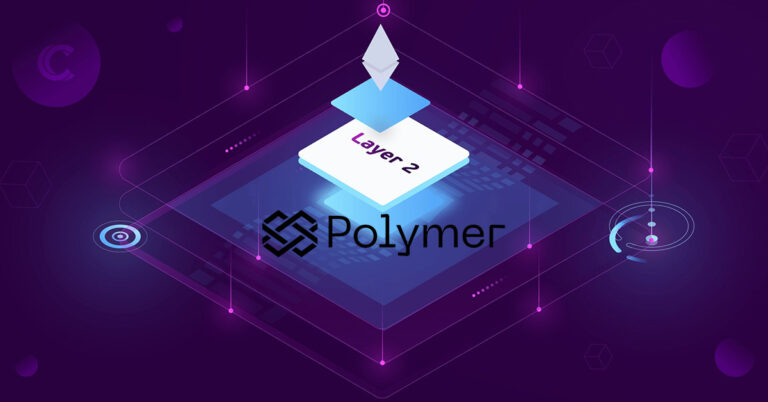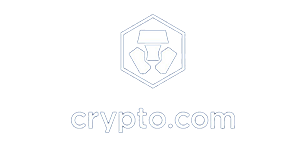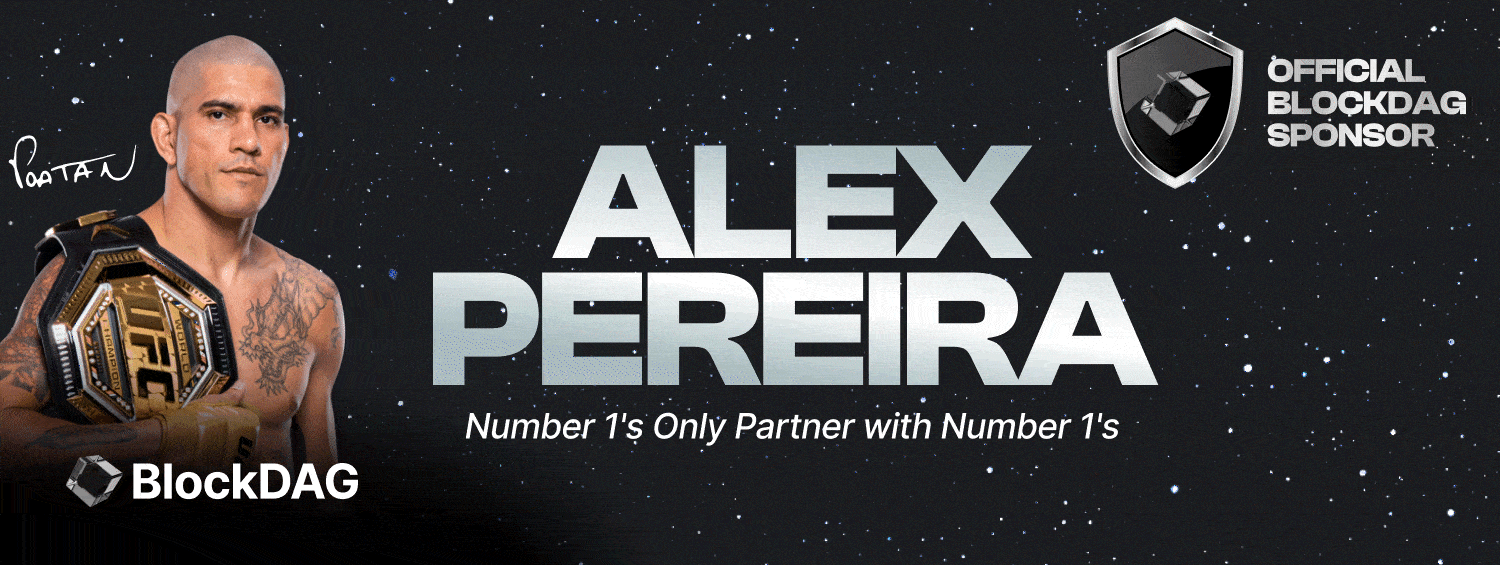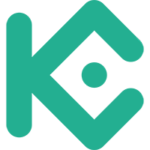Polymer Labs raises $23M in Series A funding to build Ethereum’s Interoperability Hub.
Polymer is excited to announce that its closed $23M in Series A funding. The round was co-led by Blockchain Capital, Maven 11, and Distributed Global with contributions from Coinbase Ventures, Placeholder, Digital Currency Group, North Island Ventures, & Figment Capital.
“Polymer’s mission is to establish the next generation of the internet by ensuring that the interoperability layer connecting all blockchains is neutral, open, modular, and permissionless across ecosystems,” said Peter Kim, Polymer Co-founder.
Ethereum has established itself as the most vibrant and robust network in Web3, hosting a diverse community of developers and users. However, its scalability challenges have prompted the creation of a growing number of Layer 2 solutions including rollups, DApps and bridges.
While Layer 2s offer scalability benefits, they also introduce challenges related to interoperability and composability including liquidity fragmentation, end user friction, and complexities for developers. Existing interoperability solutions such as token bridges are widely used but have proven unreliable and susceptible to hacks, leading to a lack of standardization within the Ethereum ecosystem with billions lost in exploits.
Polymer is set to launch a Layer 2 that employs the Inter-Blockchain Communication (IBC) Protocol and Optimism Stack to serve as the Interoperability Hub for Ethereum, connecting billions of dollars in value across rollups.

“We are thrilled to back Peter, Bo, and the Polymer Labs team on their mission to bring IBC, the most battle tested and used interoperability standard, from Cosmos to Ethereum and the rest of the crypto ecosystem,” said Yuan Han Li, investor at Blockchain Capital.
Polymer’s solution is designed for developers and businesses building a wide range of Web3 solutions, including DeFi, NFTs, and real world asset tokenization. Additionally, Polymer’s customizability and robust security features make it ideal for traditional and crypto institutions alike. Polymer serves as the transport hub between different blockchain networks at the kernel level, enabling seamless information exchange. Initially compatible with Ethereum and all chains currently under the IBC protocol, the transport hub will grow to support all chains in the future.
Polymer recently announced a partnership with leading Ethereum data availability protocol EigenLayer to substantially improve the scalability and cost effectiveness of their interoperability solution.
“We are really excited that Polymer is bringing the generalized IBC primitive into the Ethereum rollup landscape by building a versatile transport hub, and thrilled that we at EigenLayer have the pleasure of partnering with the passionate team at Polymer” said EigenLayer founder Sreeram Kannan.
With a professional team experienced in distributed and database systems at scale coming from Google, Citadel, McKinsey, Coinbase, Amazon, Verizon, Twilio, EY, and Uber, Polymer’s team is uniquely positioned to innovate within this space.
As the creators of the Ethereum Interoperability Hub, the first modular IBC-based networking Layer 2, Polymer sets a new standard in blockchain technology. The funds raised in the Series A round will be used to further develop Polymer’s protocol and expand its offerings.
Maven 11 Managing Partner Balder Bomans said, “As big believers in a rollup future, we think rollup interoperability with standardization is a key piece of the modular stack. We are convinced the setup by Polymer will enable the next 1,000 rollups to seamlessly and securely interoperate with each other at scale and bring more adoption into the crypto industry.”
We’ll be releasing our public testnet soon. Developers interested in exploring the capabilities of Polymer are encouraged to sign up for early access.
For more information about Polymer Labs and its vision for interoperability, please visit their website and follow the company on X.



























